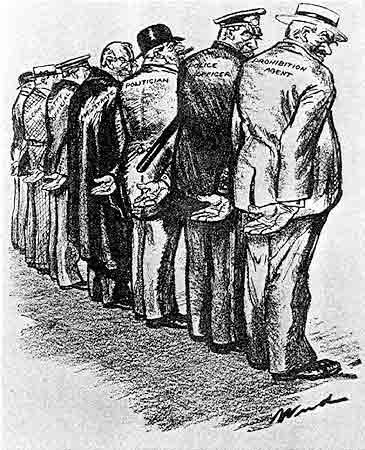
NEW evidence links the most senior officials in Indonesia's Attorney-General' s Office to the dropping of a $3 billion fraud charge, allegedly in return for a $700,000 bribe.
Despite revelations the businesswoman accused of handing over the bribe met junior Attorney-General Kemas Yahya Rahman and Director of Special Crimes Muhammad Salim, the Attorney-General' s Office is refusing to re-examine their decision to drop the case.A court order to reopen the investigation into how $3 billion in public funds were lost in a loan to tycoon Sjamsul Nursalim will be appealed, said the Attorney-General' s spokesman, Bonaventura Nainggolan.Only if "hard evidence" emerged that the decision was flawed would it be re-examined, Mr Nainggolan said.
Indonesia's Anti-Corruption Commission revealed the new evidence while outlining its case against state prosecutor Urip Tri Gunawan and businesswoman Artalyta Suryani.
Gunawan was arrested at a house owned by Mr Nursalim in March with a box containing $700,000 in cash, two days after the Attorney-General' s Office announced the fraud charges would be abandoned.Also arrested was Suryani, a close associate of Mr Nursalim, who claimed she had lent Gunawan the money to start a jewellery business.
According to the commission's indictment, Gunawan organised for Suryani to meet the government officials, when they allegedly discussed the investigation into Mr Nursalim's $3 billion loan from Bank Indonesia.Sources inside the Attorney-General' s Office have maintained that Gunawan was collecting the cash for others, and the decision to drop the case was made by Mr Rahman and Mr Salim - who have been suspended.Mr Nainggolan denied their suspensions had anything to do with the alleged bribe.The indictment also revealed the commission taped phone calls between Gunawan and Suryani.
Four days before the Nursalim case was dropped, Suryani said she had "the stuff" in a safety box."Is it in line with my request yesterday?" Gunawan asked."Yes, of course. Did you ask for six?" she replied."Not including the bonus," Gunawan said. "Give me an extra, OK?"
Comments